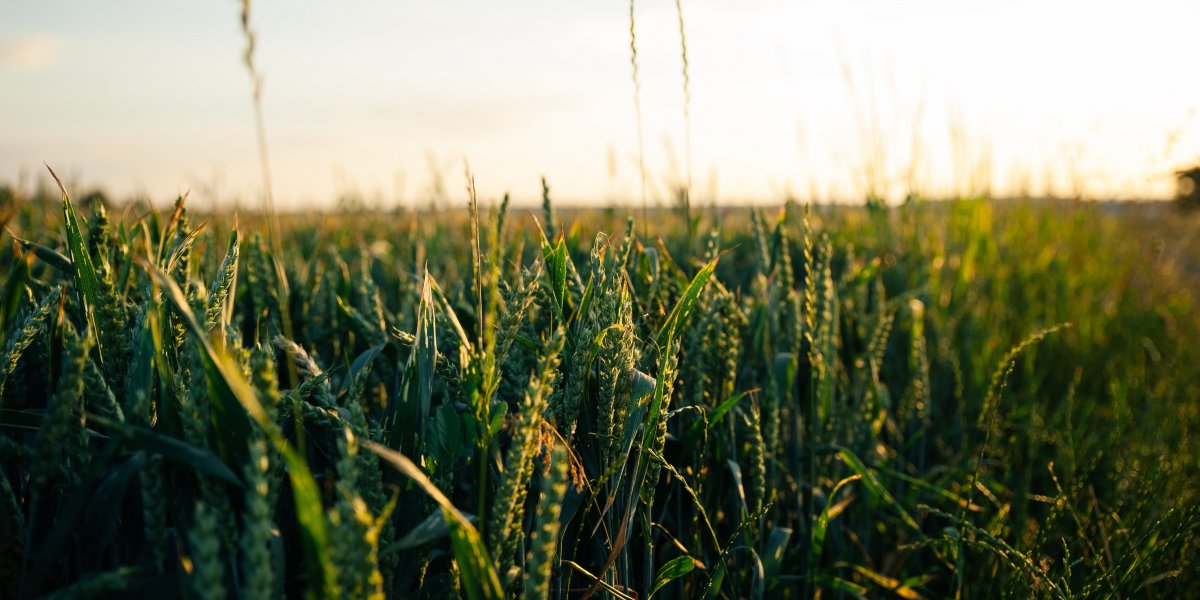Engineering super-crops for sustainable agriculture
Engineering super-crops for sustainable agriculture
As our society adapts to climate change, it is essential that we develop sustainable agriculture suited to the new conditions. In this talk, Professors Hibberd and Henderson will discuss how we can improve our most important crops to meet this challenge. The talk will be followed by a Q&A session.
Speakers
Professor Ian Henderson

Ian studied at the University of Oxford as an undergraduate, and in 2000 was awarded a Gatsby Charitable Foundation Ph.D Studentship to work at the John Innes Centre. Later he took up postdoctoral research at UCLA, investigating mechanisms of RNA-directed DNA methylation and its role in control of gene expression, supported by EMBO and Leukemia & Lymphoma Society Fellowships. In 2008 Ian returned to the UK as a Royal Society University Research Fellow and Gatsby Resident Fellow in the Department of Plant Sciences at the University of Cambridge, where he is now Professor in Genetics and Epigenetics. He is the recipient of the 2013 Society for Experimental Biology President's Medal. The primary focus of the Henderson group is control of meiotic recombination frequency by genetic and epigenetic factors. Using their fundamental insights into control of recombination, they are actively pursuing translation of this knowledge, in order to generate super-recombining crops.
Professor Julian Hibberd

Julian studied at Bangor University for both his undergraduate and postgraduate degrees. He carried out post-doctoral work at the University of Sheffield and then the University of Cambridge before holding a BBSRC Sir David Phillips Fellowship and starting his own group. He was the recipient of the 2005 Society for Experimental Biology President's Medal, and in 2007 The Melvin Calvin Award from the International Society for Photosynthesis. His work is widely recognised as world-leading, with major contributions to understanding photosynthesis ranging from its molecular basis to its evolution. He is also now involved in approaches to increase its efficiency.
Booking information
Booking for this event is now closed.

